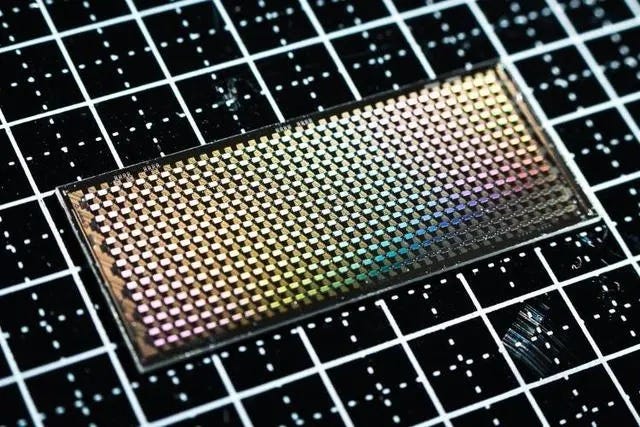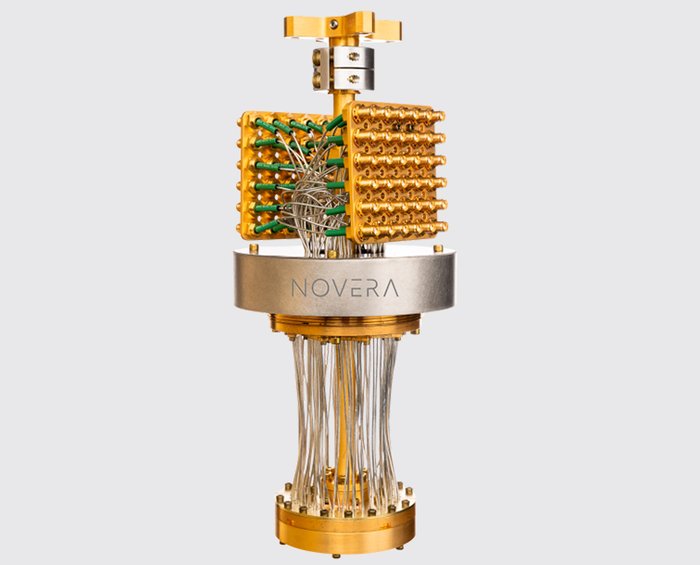
Connects decision-makers and solutions creators to what's next in quantum computing
IBM, Vodafone Join Post-Quantum Telco Group
Mobile industry body establishes post-quantum cryptography workforce

Telecoms industry body GSMA Thursday launched the GSMA Post-Quantum Telco Network Taskforce at Mobile World Congress, with IBM and Vodafone as initial members.
The new body will help define policy, regulation and operator business processes to protect encrypted mobile communications from the threat of being decrypted using future quantum computers. Its goal is to define requirements, identify dependencies and create a roadmap to implement quantum-safe networking.
“The GSMA Taskforce’s goal is to bring together leading global communication services providers with experts from IBM, Vodafone and other operators and ecosystem partners to understand and implement quantum-safe technology,” said GSMA’s chief technology officer Alex Sinclair.
“By working together to establish consistent policies, we can define quantum-safe approaches that protect critical infrastructure and customer data, complementing our ongoing security efforts to increase resiliency in future networks.”
Founding taskforce member IBM contributed to three of the four post-quantum algorithms the U.S. National Institute of Standards and Technology (NIST) chose in July 2022 to be standardized for cybersecurity in the quantum computing era.
The company said in a blog post: “Telecommunications companies control the access points that connect
governments, industry and every element of the global economy. They manage foundational information infrastructure and serve as the first line of defense against attacks seeking to undermine global information security.
“Proactive steps today are critical to protect information against these emergent threats and ensure data security for the years ahead. This is especially crucial for those private sector and government entities responsible for global digital infrastructure.”
Luke Ibbetson, head of research and development at Vodafone, added that future quantum computing could inherently undermine the cryptographic principles relied on today.
“That is why Vodafone is committed to working with the GSMA and other members of the GSMA Post-Quantum Telco Network Taskforce to protect and secure customer data with the timely adoption of quantum-resilient solutions, policies and standards,” he said.
The World Economic Forum recently estimated that more than 20 billion digital devices will need to be either upgraded or replaced in the next 10 to 20 years to use the new forms of quantum-safe encrypted communication.
Current quantum computers are not powerful enough to challenge existing cryptography standards but industry experts agree that organizations need to take action now against hackers using Harvest Now, Decrypt Later (HNDL) techniques. Under an HNDL attack, a malicious actor harvests encrypted data from an unsuspecting organization and holds it until a quantum computer powerful enough to decrypt it becomes available.
About the Author(s)
You May Also Like
.png?width=100&auto=webp&quality=80&disable=upscale)
.png?width=400&auto=webp&quality=80&disable=upscale)




